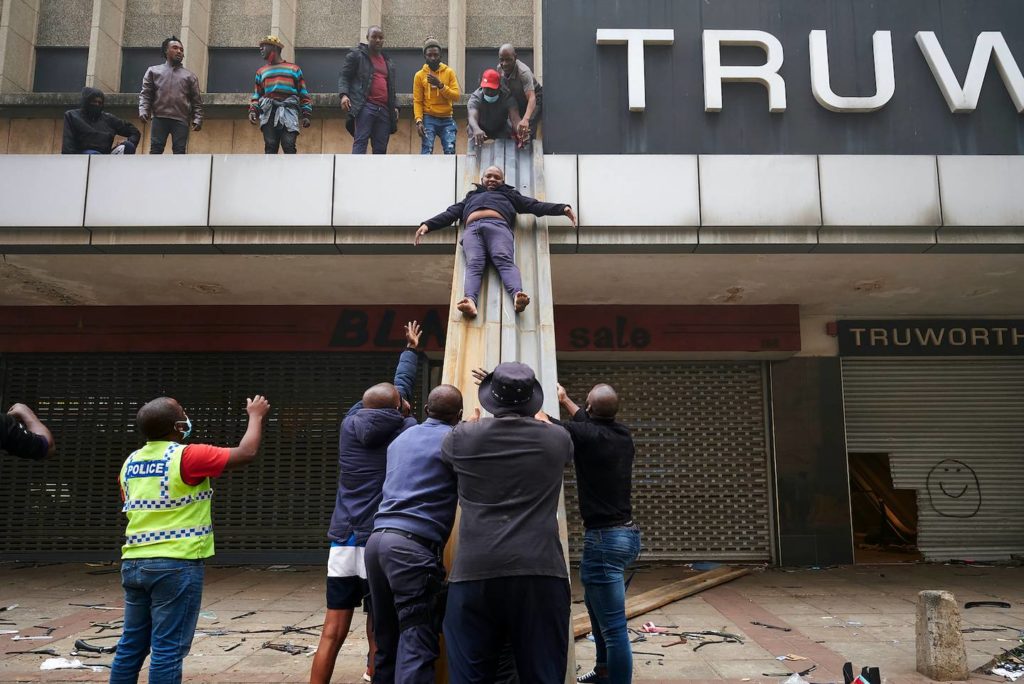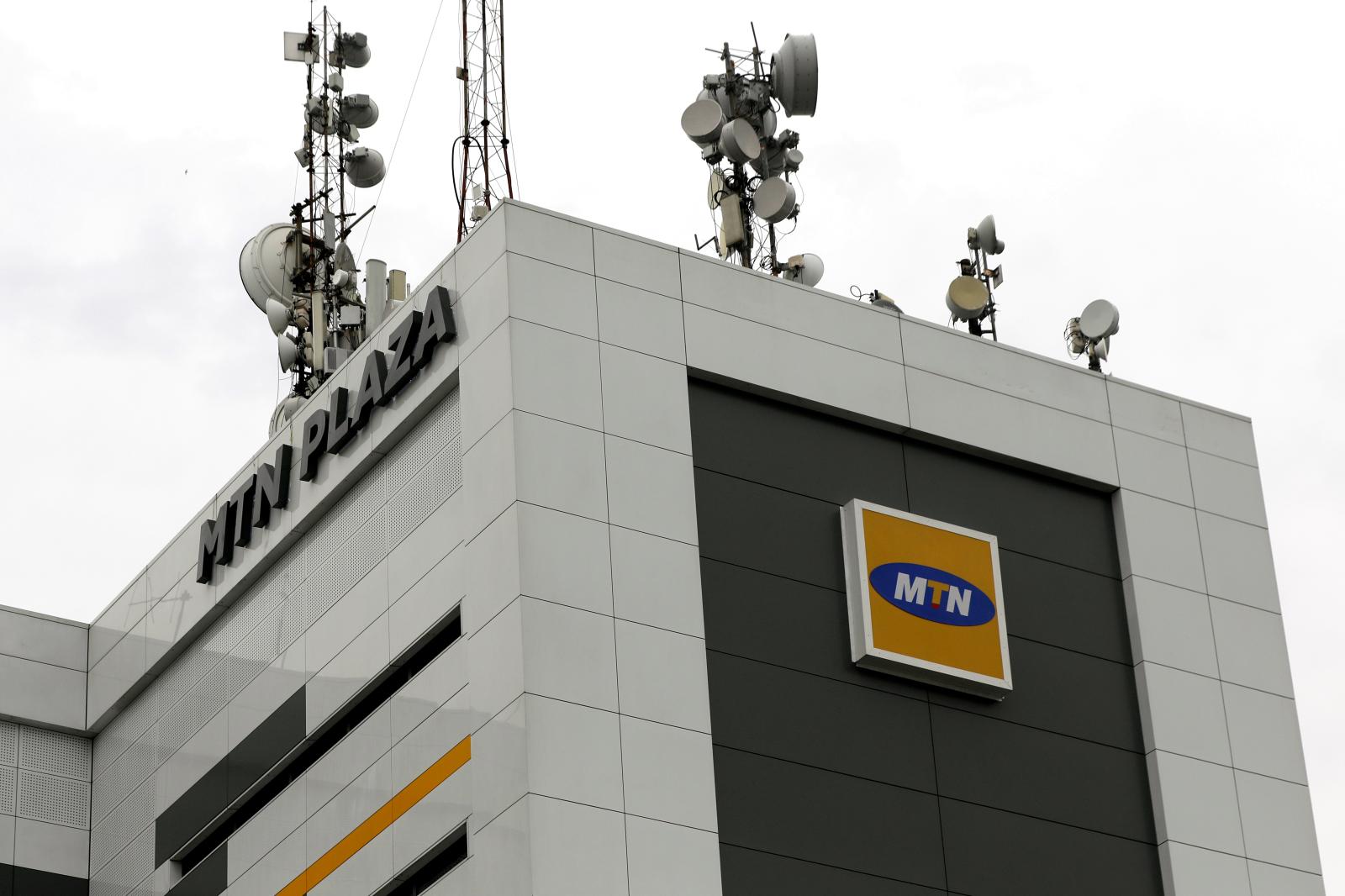Telecommunications infrastructure owned by several mobile network operators was severely damaged in the rampant looting and destruction of property that rocked South Africa last week.
The Independent Communications Authority of South Africa (ICASA) revealed on Tuesday, July 13, that the vandalism included more than 100 mobile network towers in some parts of the country.
After the statement, rioters destroyed many more mobile sites, according to multiple reports. Virtually all network providers operating in South Africa reported disruption to service delivery.
MTN alone reported damage to over 100 of its base stations which the company’s technicians could not safely reach the sites to repair.
“Over 1,000 MTN employees can’t get to work, and millions of calls and queries from our customers cannot be attended to, as our primary call centre remains inaccessible,” MTN South Africa chief executive, Godfrey Motsa, said Friday.
According to Vodacom spokesperson, Byron Kennedy, there was a connectivity issue that affected customers in many parts of the country. Like MTN, the crisis prevented its staff from fixing a fault in its infrastructure.
“Unrest in these areas meant that it wasn’t safe for technicians to immediately visit affected sites physically to remedy faults,” Kennedy was quoted as saying by MyBroadband. An estimated five to ten of Vodacom’s base stations at malls were also damaged by fires.
Data-only operator Rain, which has a lease agreement for using Vodacom’s network towers, also said it has sites in the affected areas that had been vandalised and were down. The network provider operates in South Africa’s major metropolitan areas with 3,000 towers.

Only Cell C’s facilities had not experienced significant damage from the unrest as of Friday, according to its chief operations officer Andre Ittman.
Just one of its network towers was vandalised within the Durban area but it did not affect service delivery to consumers.
According to Ittman, there are six other sites available within a two-kilometre radius of the damaged site, which helped to absorb the coverage provided to ensure customers stayed connected.
The ongoing unrest in South Africa, said to be the worst since the end of the apartheid regime 27 years ago, was sparked by the imprisonment of former president Jacob Zuma.
Last month, the ex-leader was sentenced to 15 months jail time for defying an order to provide evidence at a judicial inquiry set up to probe high-level corruption during his nine-year tenure (from 2009 – 2018).
Protests swiftly degenerated into violent marches and looting. Hundreds of businesses have been destroyed and more than 200 people have died.
South African authorities believe the unrest was deliberately provoked by political opponents to force president Cyril Ramaphosa to pardon Zuma or even step down.
If you enjoyed reading this article, please share in your WhatsApp groups and Telegram channels.




















